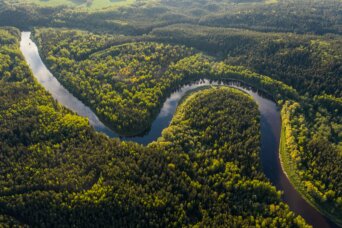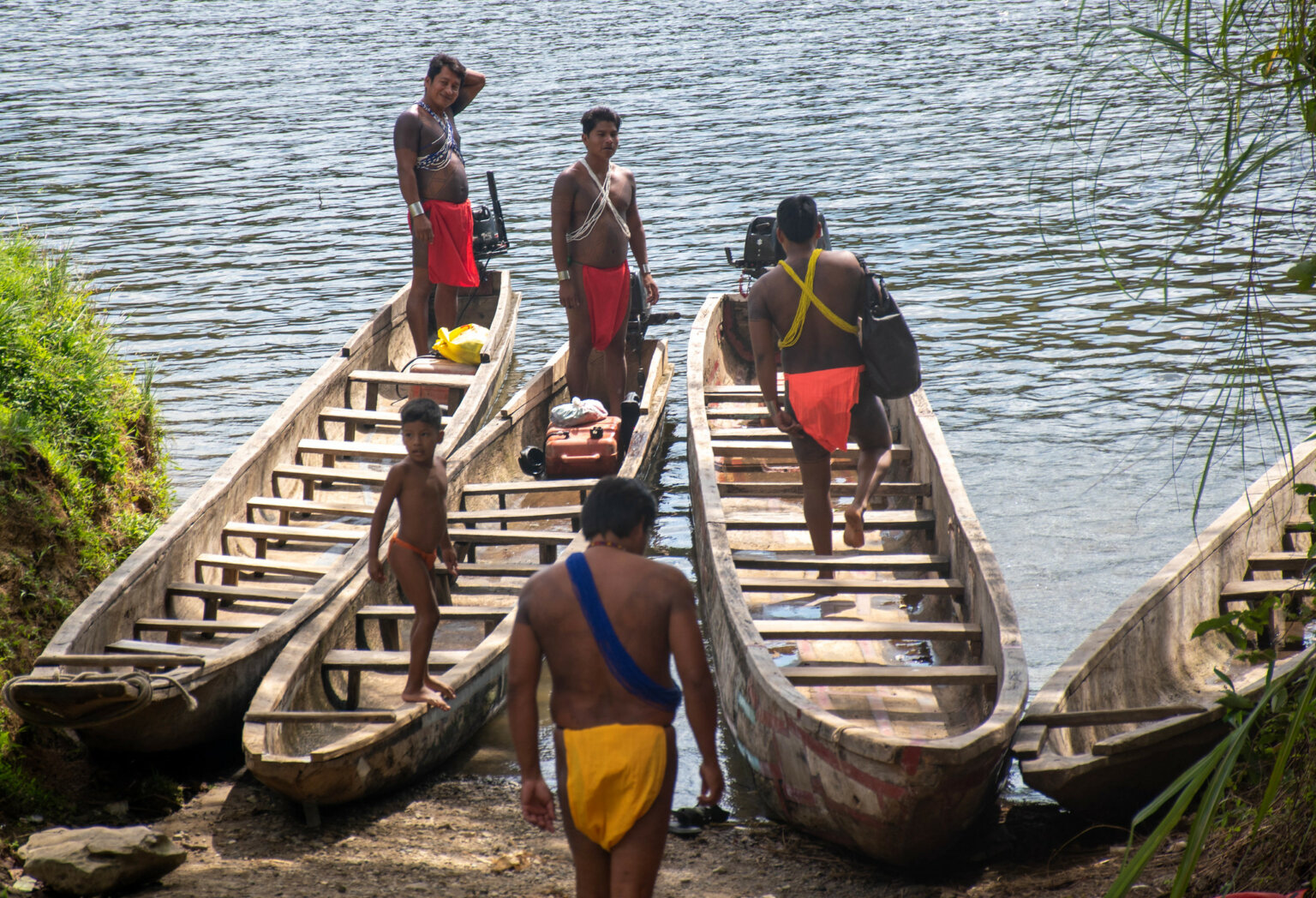- About
- Topics
- Story
- In-Depth
- Picks
- Opinion
- News
- Donate
- Signup for our newsletterOur Editors' Best Picks.Send
Read, Debate: Engage.
| topic: | Indigenous people |
|---|---|
| located: | Brazil |
| editor: | Ellen Nemitz |
Over the past week, Brazilian indigenous peoples gathered in Brasilia, the capital of Brazil, to ask the Supreme Court to vote against the Time Limit Trick, known in Portuguese as ‘Marco Temporal’. The hashtag #MarcoTemporalNao went viral on Twitter, both in Brazil and beyond, and there were even protests at Brazilian embassies worldwide, including in London and San Francisco.
What is the Time Limit Trick and why is it condemned by social movements?
Indigenous peoples used to live in Brazil when Portuguese explorers arrived. Since then, native communities have shrunk due to genocide, disease and territorial recession.
In 1988, the new constitution - which is still currently in effect - established several rights for indigenous people. The Time Limit Trick limits the legal demarcation of indigenous land around the areas occupied by indigenous people in 1988.
Nonetheless, the history of these peoples began much earlier than 1988 - and much earlier than the arrival of Europeans.
This is not the first time that discussion about indigenous lands’ demarcation takes place. Though this judgment will only regard a specific territory in southern Brazil, the jurisprudence’s effects can be historically important. According to Survival International, hundreds of indigenous ethnicities could be affected, including uncontacted peoples. The organisation highlighted the urgency of respecting the "constitution which recognises indigenous peoples’ original rights to their lands as the country’s first inhabitants.”
The Articulation of Indigenous Peoples of Brazil (Apib), which has been leading the "Struggle for Life" demonstrations, also recalls that "this hypothesis is unfair, as it disregards expulsions, forced removals and all the violence Indigenous peoples have endured before the Brazilian Constitution was enacted."
The issue's assessment was postponed by the Supreme Court several times, and it's now scheduled for 1 September. As the camping was planned to be held until 28 August, only a smaller portion of the groups remain in Brasilia now.
Protecting indigenous lands also preserves the natural environment since deforestation in indigenous lands represents less than 1% of total deforestation, according to a report from MapBiomas. Preserving nature is a basic value of indigenous peoples because they do not regard it as an external thing to be explored - they are part of it.
Decolonising conservation
September can also be a milestone for indigenous peoples and nature conservation for another event: the first congress to decolonise conservation.
The congress, to be held in France and also online with several Latin American speakers, is an alternative to the World Conservation Congress in Marseille, which will gather world leaders, companies and NGOs to discuss nature-based solutions and the creation of protected areas (around 30 percent of the globe). What the congress "Our Land, our Nature" defends is that these "schemes will make things worse."
"Experience makes clear that these plans will lead to even more human rights violations and to the biggest land grab in history," the congress says. "By far the most effective and just way to fight against biodiversity loss and climate change is to recognise the rights of Indigenous Peoples to their lands, and put them at the heart of conservation and climate action. This fact is acknowledged in many policies and declarations, but action 'on the ground' continues to dispossess and mistreat them."
Photo by Ivars Utināns

